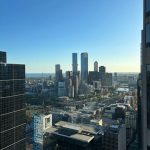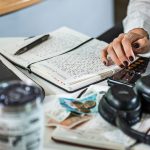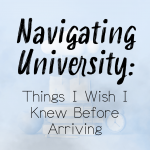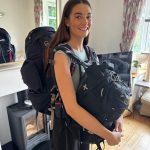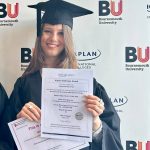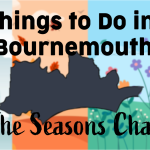Produced by kdanceydowns
When my former PhD supervisor, Professor Mark Brisbane, asked me to write a blog, I wasn’t convinced anyone would be particularly interested. But when I think about it, my pathway to my current job working in Australia is maybe helpful in thinking about alternative careers for those wonderful degrees you all will (or do already) have!
Perhaps I should say first that having done a degree in Geography at Plymouth University, I came to BU to undertake an MA in Museums Studies, followed by a PhD. This involved comparing museum approaches to the display of zoological collections in the UK and Australia. Having completed the PhD I set off for Australia to look for jobs in museums, but soon found that it was the more social anthropology aspects that interested me (also jobs in museums were very hard to come by!).
Last year, I landed a role working as a qualitative research associate at the Social Research Centre in Melbourne, Australia. I had been working in the commercial market research sector but felt that the pace was too fast to guarantee genuine, rigorous results (plus I wasn’t too excited about consumer insights about packaging for tuna in supermarkets). So my move to the Social Research Centre has provided me with the possibility to use my qualitative research skills and take responsibility for projects exploring such diverse topics as bullying in the workplace, parole and early release programmes in Australia, and Indigenous Australian education.
The last of these projects took up approximately 8 months of my life. Knowing little about Indigenous Australian education and its provision, I found working on such an interesting, new topic was certainly eye-opening. I spent the first five months trying to gain ethics approval from hard-to-please ethics committees (an agonising aspect of the research process, but extremely important especially when working with indigenous communities). Once the ethics approval was granted, the project took off! I engaged with Elders and senior members of Indigenous communities to gain permission to visit them in their education centres. The idea was that I would learn first-hand about the facilitators and barriers to Indigenous families taking their children to these centres. I visited the centres, which were across Australia, travelling to some remote communities and engaging with Indigenous Australians who were wary of ‘white fellas’ and their motivations. But they were very open and honest with me and engaged wholeheartedly in the research as I interviewed them individually or in small groups. Back at the Social Research Centre, I conducted thematic analysis on the data and wrote a report for the external client that commissioned the research. The report was well received and will feed into the development of education plans for Indigenous communities.

The entrance to an Indigenous Australian museum in one of the Indigenous settlements in rural Queensland. The museum displays the history of the settlement and the Stolen Generations who were brought there against their will.
I love my job; it has impact on policy, provides me with the opportunity to use my research skills and travel a little when conducting fieldwork. Most importantly, the research allows Australians to voice their opinions on important social topics and influence decision-making that affects us all.
I never imagined that I would end up living ‘down under’, nor that I wouldn’t be working in a museum. But, remaining open to possibilities has enabled me to embrace this opportunity and I can safely say, I would not change it!
By Hannah Paddon
